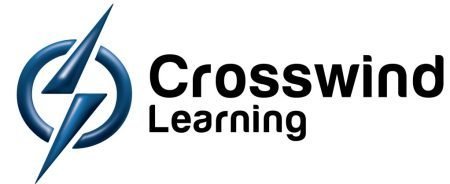If you conduct a quick search on virtually any job board, you are going to see that the majority of project management positions list “PMP certification” as something that is strongly preferred or required. In many organizations, acquiring PMP certification is necessary for a promotion and connected directly to performance evaluations. Regardless of if you are a project manager who is looking for a new job, or if you are a hiring manager with project management positions available, you know how vital the PMP (Project Management Professional) certification is.
According to a study, the number of project management positions is growing rapidly. However, in some situations, applicants that don’t have a PMP credential will never be considered. Many employers are dividing resumes into two pies – those that have PMP certification and those who don’t. Today, there are enough quality product managers that have PMP certifications that recruiters don’t have to sift through those without this certification.
Keep reading to learn why this certification is so sought after in today’s business environment and the job market.
Customers Demand PMP Certification from Vendors
Regardless of if someone believes that PMP certification offers any value, or not, the reality is that many organizations and companies now demand it. If your company has bid on any government product in the past few years, regardless of if it is local, state, or federal, you have probably encountered the requirement for PMP certification. However, this requirement isn’t just limited to various government entities.
The marketplace in the U.S. now demands PMP certification or another project management certification. A driving factor behind this demand is that clients want to see this level of skill and ability in the company they hire. Without it, the client may go elsewhere for service.
It Proves You Speak the Common Language
When you work as a project manager, you are spending a lot of your time communicating. In many cases, your team members are going to vary from one project to the next. Being able to speak a common, universal business language ensures you are always on the same page as your team, program manager, sponsor, or someone else.
For example, someone with a PMP certification will know the difference between the Procurement Performance Review and the Procurement Audit and when each one should be conducted. They will also know the difference between quantitative and qualitative risk analysis, free float versus total float, and more.
The Certification Shows What Employees are Goal Oriented and Motivated
Modern employers what to hire people who are motivated to go beyond the normal call of duty. They also want to find people who have demonstrated their commitment to furthering their professional development. Acquiring your PMP certification may be the best way to convey this message to a potential employer.
If you are ready to increase your qualifications for specific jobs and grow your desirability in the job market, looking into acquiring your PMP certification is highly recommended.

